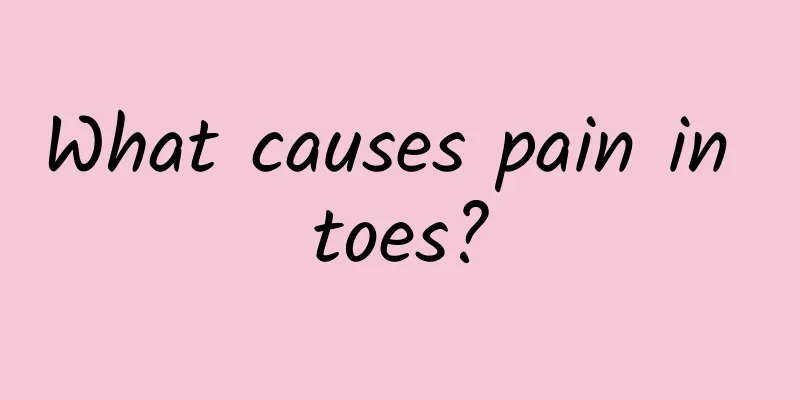Nasal congestion, runny nose, sneezing

|
If you have a stuffy nose, runny nose, and sneezing, many friends will naturally think that they have a cold, so they will take some cold medicine for treatment. Many friends will even ignore it, thinking that drinking more boiled water will make these symptoms disappear. But did you know that nasal congestion, runny nose and sneezing are not always symptoms of a cold? Although nasal congestion, runny nose and sneezing are usually the precursor symptoms of a cold, if you have pneumonia, you will also have symptoms of nasal congestion, runny nose and sneezing. Therefore, I hope that when you have nasal congestion, runny nose and sneezing again, you can pay enough attention to it and not ignore it, otherwise it will easily aggravate the symptoms of pneumonia. Allergic rhinitis is very similar to the common cold. About 70% of patients with allergic rhinitis easily confuse it with the common cold, take the wrong medicine and delay correct diagnosis and treatment. Because the underlying pathology is different, the symptoms are also different. Allergic rhinitis has four typical symptoms: itchy nose, sneezing, clear nasal discharge and nasal congestion. It can be simply distinguished from the following aspects: 1. Sneezing: People with a cold will sneeze, but the frequency is not often; one of the symptoms of allergic rhinitis is continuous sneezing, and some people may even sneeze dozens of times a day. 2. Clear runny nose: Judging from the symptoms associated with a cold, clear runny nose usually occurs in the early stages of a cold, and the amount is not large; allergic rhinitis is just the opposite, with a large amount of runny nose accompanied by sneezing. 3. Nasal congestion: Both allergic rhinitis and colds can cause nasal congestion symptoms. Generally, if the nasal congestion lasts for more than 7 days, it is likely allergic rhinitis rather than a cold. 4. Itchy nose: The main symptom of a cold is prolonged nasal congestion; when you suffer from allergic rhinitis, your nasal cavity will be very itchy, and you can't help but rub your nose with your hands. Patients with severe nasal itching may also experience itching in the eyes, ears, throat and other parts of the body, and decreased sense of smell. Now you know what diseases can cause nasal congestion, runny nose and sneezing, and you know how to distinguish between a cold and allergic rhinitis. If you feel you still can't tell the difference, you can check whether you have some systemic symptoms, because a common cold is usually accompanied by other symptoms, such as general soreness and weakness, and fever. If you have these symptoms, then the possibility of a cold is relatively high. |
<<: How to treat allergic eczema
Recommend
What are the contraindications of Aconite?
People who have some knowledge of Chinese medicin...
Is a pH greater than 7 acidic or alkaline?
Is a pH value greater than 7 acidic or alkaline? ...
The efficacy and function of ylang-ylang essential oil
When watching many palace fighting dramas, ylang ...
What does Fengxie mean?
Wind evil actually mainly refers to the phenomeno...
What are the effects of chasing wind fruit
Many people don’t know much about the food Chasin...
What are some spicy dishes?
Sweet, bitter, spicy and salty. Many people have ...
How to self-test whether the fallopian tube is obstructed
If you suspect that you have blocked fallopian tu...
What is human convulsion?
In today's society, people's daily life i...
What is myasthenia?
Tendons are the parts that connect human muscles ...
Can femoral head necrosis be inherited?
In the early stages of bone necrosis, there may b...
The efficacy, effects and contraindications of processed aconite
The drug Lu Te Ke Ji was first recorded in "...
Chinese medicine treatment of urticaria
Urticaria is also known as urticaria, wheals, and...
What is the pulse rate of a marathon runner?
We all know that the normal pulse rate of us is 6...
Superficial atrophic gastritis
With the accelerated pace of life and irregular d...
What are the ingredients and effects of Mahuang Decoction?
Ma Huang Tang is a relatively common Chinese medi...









